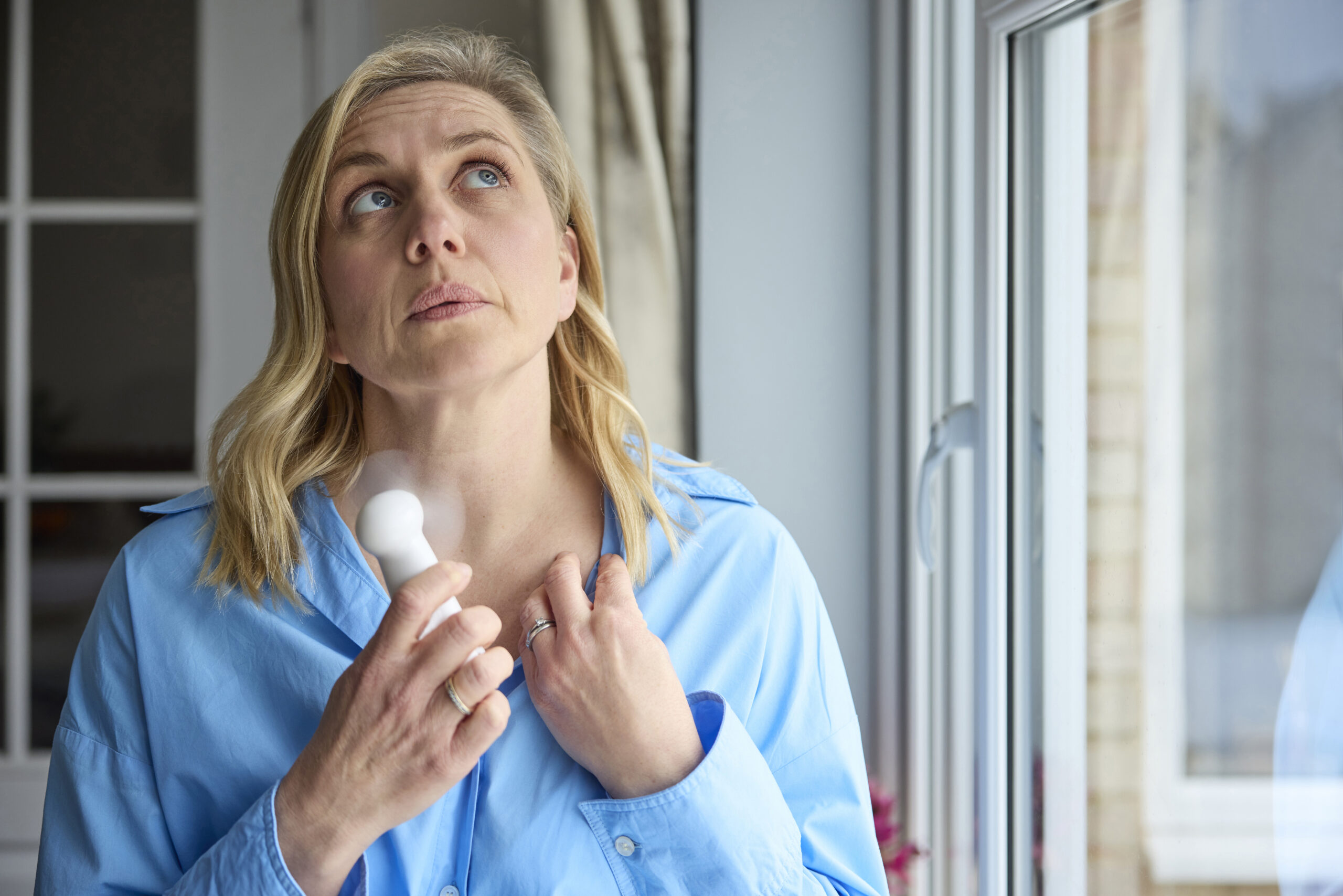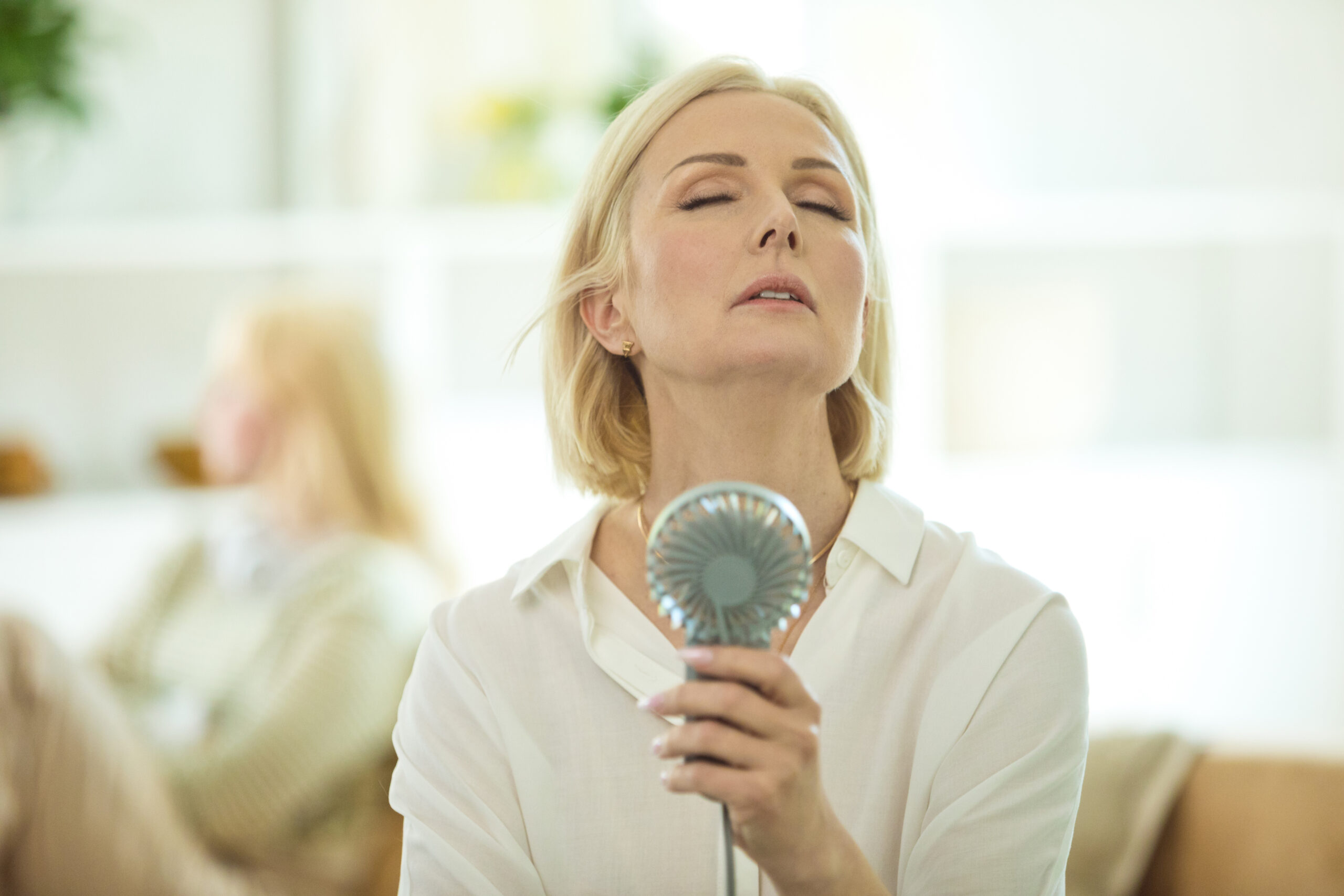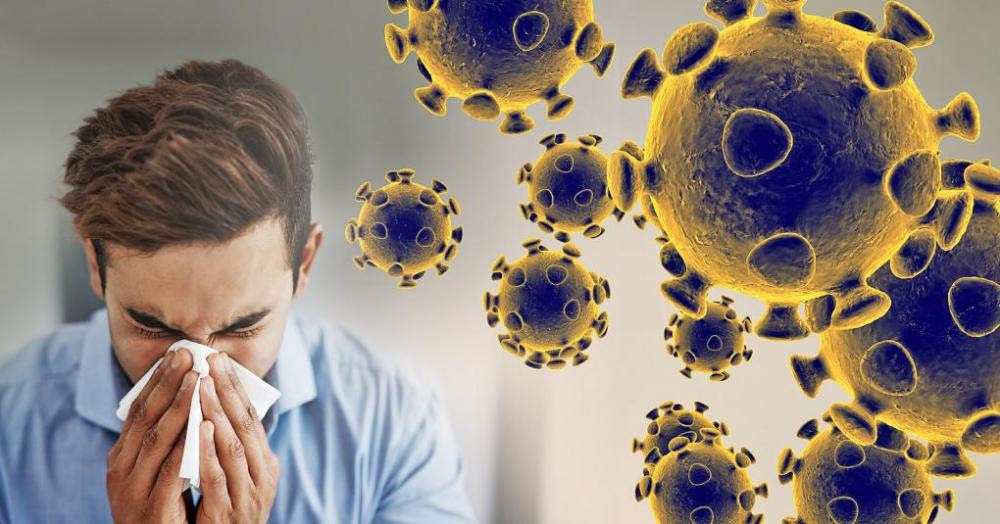There are times when patients ask, sometimes for themselves and sometimes for well-meaning family or friends, whether it is really safe to take estrogen?
Or even more troubling to me, a patient may say something that gives away the fact that she is worried that taking estrogen may cause her some form of harm. I always stop and discuss this concern because such an underlying belief or fear stands in the way of creating the optimal health we are trying to achieve with the use of bio-identical hormones.
The mind has a powerful effect on our bodies and our health. Why sabotage ourselves?
So, what are the facts?
Multiple research articles have been published over time looking at the use of bio-identical estradiol and BHRT, and that number continues to grow. When these hormones are used in accordance with established protocols, we see positive health benefits with better quality of life and lower disease risks. Contrary to what is advanced by the media and others who have not been exposed to the research on BHR, these studies have not shown increased health risks.
One recently published study is entitled “The mortality toll of estrogen avoidance: an analysis of excess deaths among hysterectomized women aged 50 to 59 years”.
Because hysterectomized women represent post menopause most clearly, this is an excellent group to study the health results of low hormones.
The researchers looked at women ages 50-59 who avoided use of estrogen replacement after their hysterectomy. The excess mortality in this group of women was calculated and compared to the mortality of all women in that age bracket in the US (and others). The study focused on mortality rates during the 10 years after the Women’s Health Initiative (WHI) study. I have spoken of the WHI study many times in this newsletter and the fact that inaccurate initial conclusions from that study resulted in taking large numbers of women off estrogen.
What the recent study found was that between 2002 and 2011, a minimum number of 18,601 to as many as 91,610 postmenopausal women died prematurely because they did not use estrogen therapy.
The CONCLUSIONS of the study were stated as follows:
“ET (estrogen therapy) in younger postmenopausal women is associated with a decisive reduction in all- cause mortality, but estrogen use in this population is low and continuing to fall. Our data indicate an associated annual mortality toll in the thousands of women aged 50 to 59 years. Informed discussion between these women and their health care providers about the effects of ET is a matter of considerable urgency.”
Sarrel PM, Njike VY, Vinante V, Katz DL. Am J Public Health. 2013 Sep;103(9):1583-8. doi: 10.2105/AJPH.2013.301295.
We know that there is little in life that has a 100% guarantee but fortunately we can make choices actively to improve and maintain our health and well-being! And hormones can be part of that positive choice!
THANKSGIVING ~ GRATITUDE FOR THIS MOMENT
With the abundance of fall and the Thanksgiving holiday approaching, this time of year naturally turns my attention to gratitude.
There is abundant “scientific evidence” of the benefit of the practice of gratitude, and yet it is very easy to find ourselves in the fast lane of life and forget.
Just the realization of something touching our lives during our day, or seeing something beautiful, and letting ourselves feel gratitude for it can create more oxytocin (the open-hearted hormone) and dopamine (the happiness hormone). Both give us a boost that positively affects our mental outlook, mood, relationships, and life generally.
In the moments of each day we have the opportunity, the choice, to cultivate gratitude.
Today and every day can be a day of “Thanksgiving” for the wonder all around us. Please join me in finding gratitude in where we are and in the moments of our experience – being alive is truly a gift!
With gratefulness for Life and each of you!







